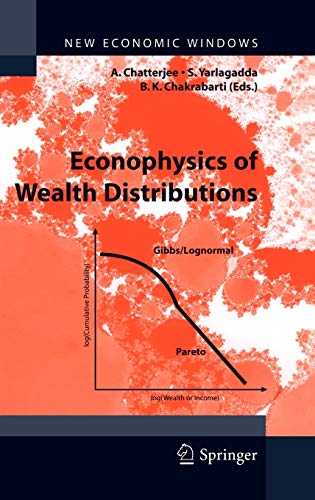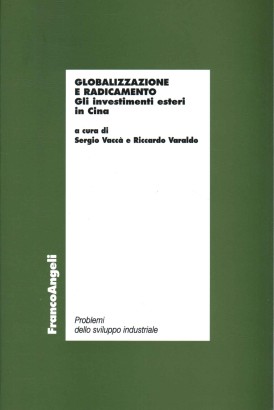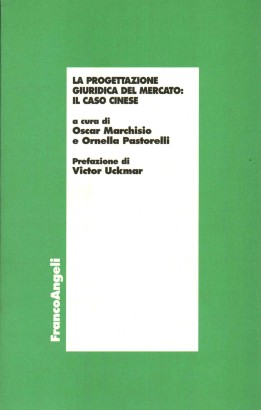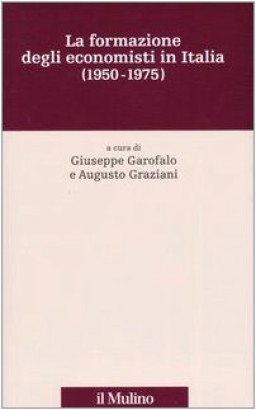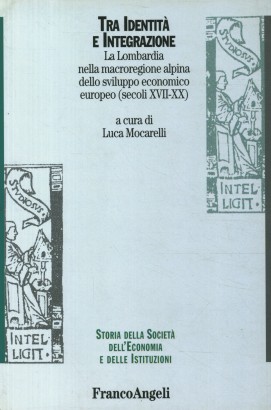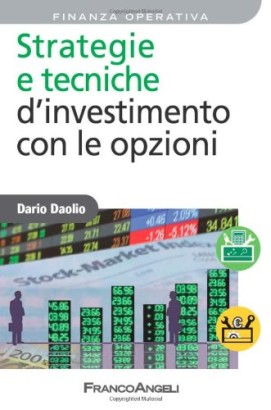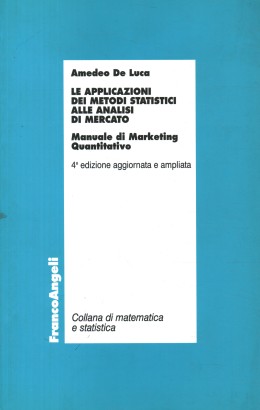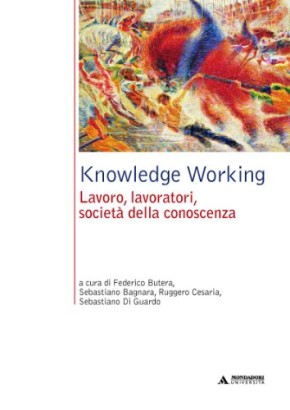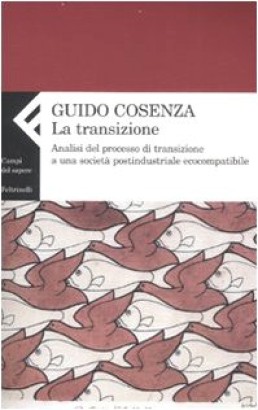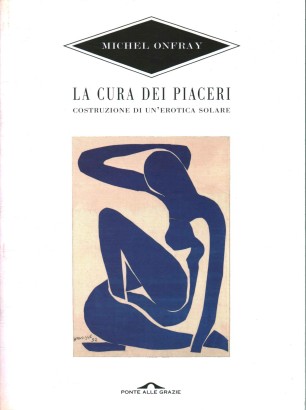Econophysics of Wealth Distributions - Econophys-Kolkata I
Características
Econophys-Kolkata I
Autor: Arnab Chatterjee, Sudhakar Yarlagadda, Bikas K. Chakrabarti
Editor: Springer
Lugar de impresión: Milán
Fecha de publicación: 2005
Collar: Nuevas ventanas económicas
We all know the hard fact: neither wealth nor income is ever uniform for us all. Justified or not, they are unevenly distributed; few are rich and many are poor! Investigations for more than hundred years and the recent availability of the income distribution data in the internet (made available by the finance ministries of various countries; from the tax return data of the income tax departments) have revealed some remarkable features. Irrespective of many differences in culture, history, language and, to some extent, the economic policies followed in different countries, the income distribution is seen to fol low a particular universal pattern. So does the wealth distribution. Barring an initial rise in population with income (or wealth; for the destitutes), the population decreases either exponentially or in a log-normal way for the ma jority of 'middle income' group, and it eventually decreases following a power law (Pareto law, following Vilfredo Pareto's observation in 1896) for the rich est 5-10 % of the population! This seems to be an universal feature - valid for most of the countries and civilizations; may be in ancient Egypt as well! Econophysicists tried to view this as a natural law for a statistical ma- body-dynamical market system, analogous to gases, liquids or solids: classical or quantum.
Condición del Producto:
Ejemplar en buen estado. Cubrir con rastros de polvo. Cortes amarillentos. Páginas ligeramente amarillentas. Textos en inglés. Textos en inglés; Libros en buen estado
Código ISBN: 8847003296
EAN: 9788847003293
Páginas: ix, 248
Formato: Hardbound
Dimensiones (cm):
Altura: 24
Ancho: 16
Disponibilidad de productos
Disponibilidad inmediata
Listo para entrega dentro de 2 días hábiles de ordenar el producto.



